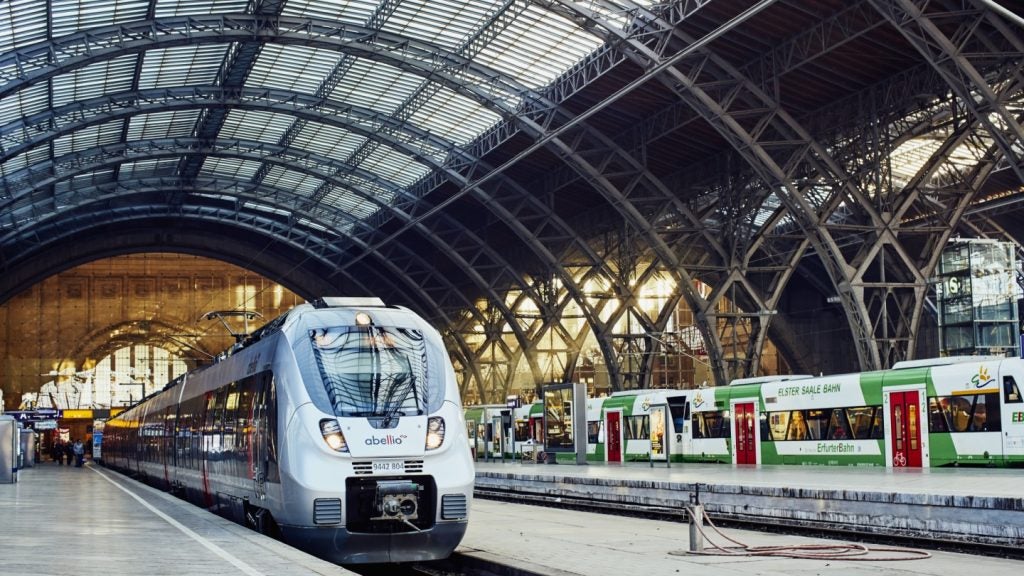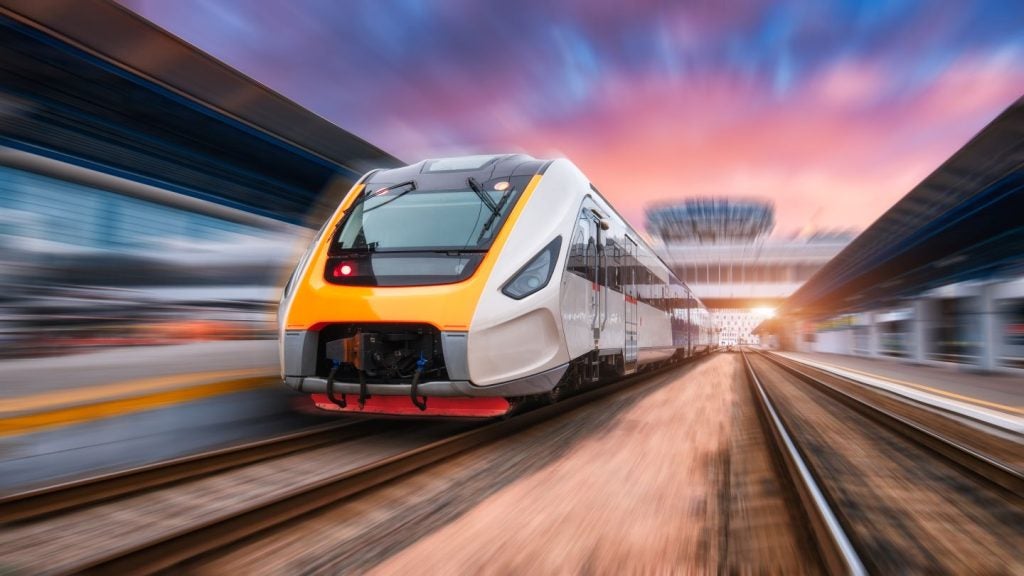The Indian Ministry of Railways has announced its plans to transform Indian Railways into green railways by 2030.
It has implemented different measures to mitigate global warming and combat climate change.
The ministry has carried out electrification of the railways, boosted the energy efficiency of locomotives and trains and fixed installations.
It has also obtained green certification for installations and stations, fitted bio-toilets in coaches and switched to renewable sources of energy.
These measures are expected to support the shift towards net-zero carbon emission.
Since 2014, Indian Railways has completed electrification of more than 40,000 route-kilometres (RKM).
How well do you really know your competitors?
Access the most comprehensive Company Profiles on the market, powered by GlobalData. Save hours of research. Gain competitive edge.

Thank you!
Your download email will arrive shortly
Not ready to buy yet? Download a free sample
We are confident about the unique quality of our Company Profiles. However, we want you to make the most beneficial decision for your business, so we offer a free sample that you can download by submitting the below form
By GlobalDataBetween this year and next year, Indian Railways aims to complete electrification of 7,000RKM. The rail system is also working to use the potential 500MW energy using rooftop solar panels.
Until now, it has commissioned 100MW of solar plants on the rooftops of different buildings, which includes 900 stations.
Indian Railways is also working to procure power from land-based solar installations for running trains. Besides, it has commissioned wind-based power plants.
More than 244,000 bio-toilets are so far fitted in 69,000 Indian Railways coaches.
Last September, the Indian Ministry of Railways decided to adopt Head on Generation (HOG) technology on all Linke Hofmann Busch (LHB) trains to reduce power costs.
In a separate development, more than 80 workers for the Gottigere-Nagavara metro line of Namma Metro Phase 2 in Bangalore contracted Covid-19.
Contractor L&T carried out Covid-19 testing for around 200 workers in a labour camp whose location was not disclosed.
In other news, Iran dropped India for its Chabahar rail line project that connects the Chabahar port to Zahedan located along the Afghanistan border.
The country stated that delay from the Indian side was the reason for the move.





